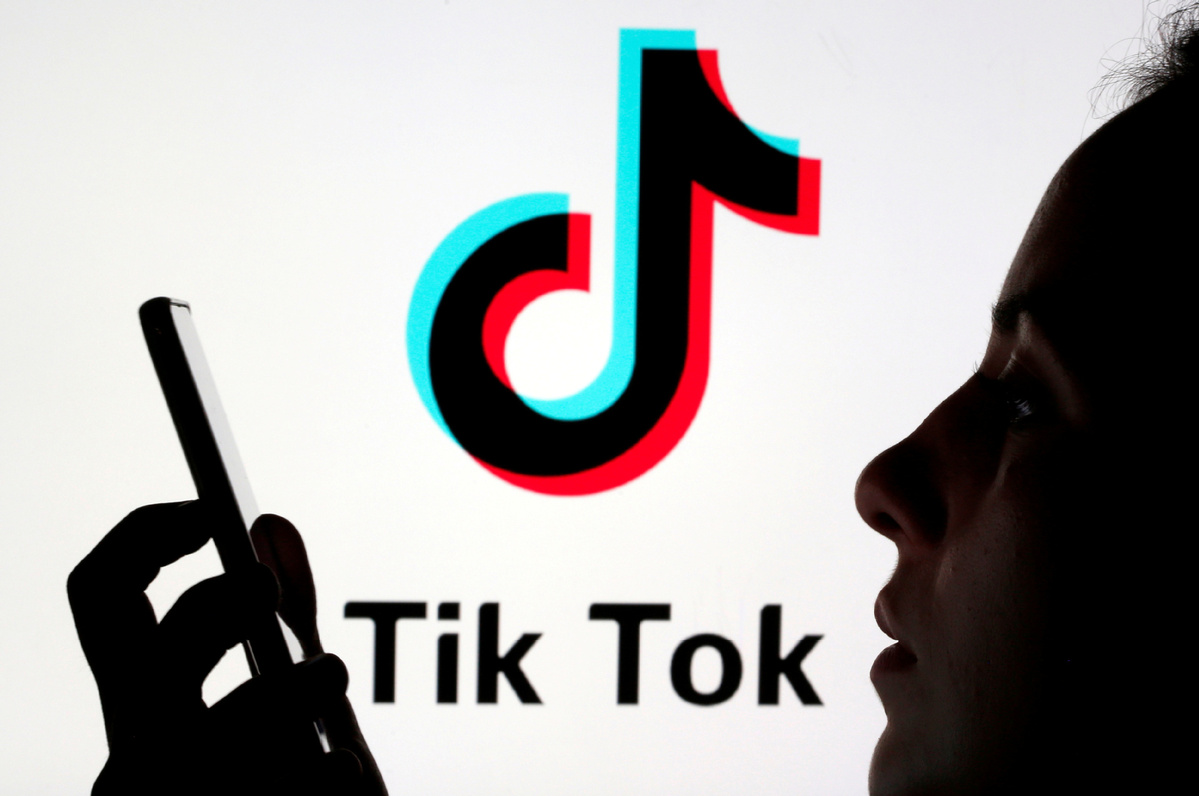'US says China can spy with TikTok. It spies on world with Google'


United States lawmakers alleged TikTok, a partly Chinese-owned short-video app with more than 150 million users in the US, was spying on Americans during a congressional hearing lasting more than five hours last week. However, they overlooked the fact that the US government itself uses US tech companies, which wield substantial influence over the global internet, to spy on everyone else, according to Erin Hale's recent article US says China can spy with TikTok. It spies on world with Google published on Al Jazeera.
US lawmakers are also contemplating the renewal of powers that compel tech giants such as Google, Meta, and Apple to facilitate unrestricted surveillance on non-US citizens residing abroad.
Section 702 of the Foreign Intelligence Surveillance Act, which requires reauthorization by the US Congress before December to prevent expiration under a sunset provision, permits American intelligence agencies to conduct warrantless monitoring of foreigners' email, phone, and other online communications.
Although US citizens are partially shielded from warrantless searches under the Fourth Amendment of the US Constitution, the US government has asserted that non-US citizens abroad are not entitled to these protections. Consequently, agencies such as the NSA, FBI, and CIA have broad authority to intercept their communications without obtaining a warrant.
Moreover, the US government may also disclose collected information to allies like the United Kingdom and Australia.
The US government enjoys a distinct advantage that other nations lack: jurisdiction over the small group of companies that essentially control the modern internet, such as Google, Meta, Amazon, and Microsoft.
The absence of privacy for billions of internet users outside the US parallels the purported danger that American officials attribute to TikTok, which is owned by Chinese company ByteDance, for US citizens.
According to Asher Wolf, a tech researcher and privacy advocate based in Melbourne, Australia, this is a classic case of "rules for thee but not for me." Wolf told Al Jazeera, "So the noise the Americans are making about TikTok must be seen less as a sincere desire to protect citizens from surveillance and influence operations, and more as an attempt to ring-fence and consolidate national control over social media."
Despite the increasing concern over TikTok being portrayed as a threat, little attention has been given to the privacy of non-Americans. The US government's official data reveals that in 2021, 232,432 "non-US persons" were targeted for surveillance. The American Civil Liberties Union estimates that the number of communications collected by the US government has exceeded one billion annually since 2011, due to a surge in the number of targets each year.
Jonathan Hafetz, an expert on US constitutional law and national security at Seton Hall University in New Jersey, told Al Jazeera, "They're making a big stink about TikTok and the Chinese collecting data when the US is collecting a great deal of data itself."
"It is a little bit ironic for the US to sort of trumpet citizens' privacy concerns or worries about surveillance. It's OK for them to collect the data, but they don't want China to collect it." Hafetz added.


































